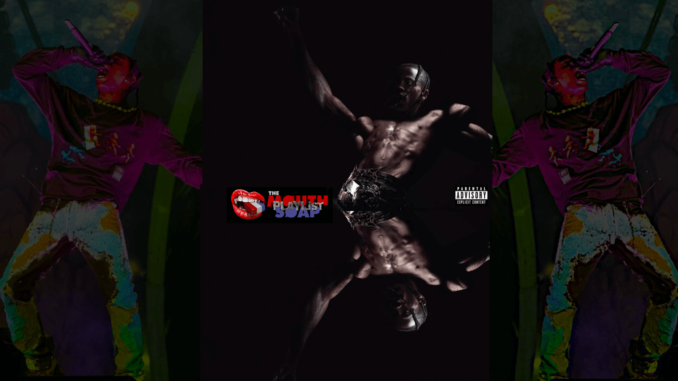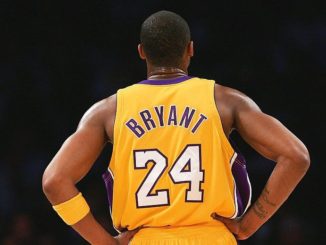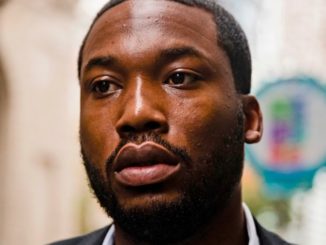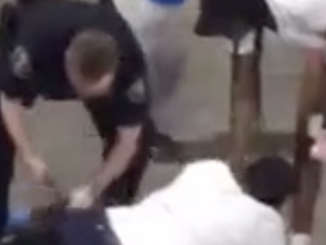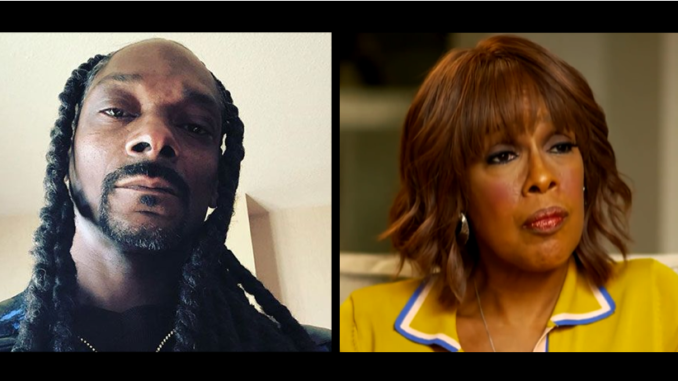
The verbal civil war between black men and women has heated up since Gayle King’s major misstep in the Lisa Leslie interview.
Many famous black men, such as Snoop Dogg, Boosie, 50 Cent and Bill Cosby, have publicly expressed their disdain for King’s questioning of the late Kobe Bryant’s legacy.
Because of his stature in pop culture, Snoop Dogg’s response to King’s interview was the most rattling as he called her names and threatened her. Since then, he has in a way retracted his statements and explained himself. However, it seems people in the media just can’t let it go.
Instead of criticizing both King and Snoop for their idiotic and irresponsible statements, the tide has turned and people are now pointing their fingers at Snoop.
The Boston Globe ran a disheartening article on the Hip Hop legend saying “Snoop, who transformed himself from an acquitted murder defendant into Martha Stewart’s Black friend and your mom’s favorite rapper, has revealed in full what he really is — a rape apologist who hates Black women.”
But, let’s be reasonable. Yes, it’s true that rappers have a history of creating misogynistic music that promotes the abuse of women of color and they need to take accountability for being a part of the slow demise of unity between black men and women.
Their influence has persuaded many men to pretend to be pimps, womanizing and mistreating the very ones that support them. That’s evident in their comfortability with calling a black or brown woman bitch or their irrational desire to have multiple women but still want that one main woman that holds them down no matter what. Really men?
But, all of this is besides the point. Gayle King was wrong. She disrespected a man who was a father and mentor to many just a week and some change after his death. Snoop was responding to what she said.
It’s not what you say, but how you say it. King shouldn’t have made her question personal. Instead of asking Leslie if Bryant’s legacy is “complicated” by the 2003 sexual assault case he faced and then following up the question with several rebuttals to Leslie’s responses, she should’ve taken the journalistic care to actually read the question before the interview and rephrased it so that it would be sensitive to the Bryant family and those who are mourning him.
She simply could’ve asked Leslie this line of questioning. “What is your reaction to critics (Referring to the Disney heir and the unknown comedian who disparaged Bryant shortly after his death) who are bringing up Bryant’s sexual assault case at a time like this?” She could’ve left it at that.
No need to go on about the details of a case that is nearly 20 years old and was dismissed, especially since the media had so many years to ask Bryant about the case themselves, as Leslie pointed out.
The fact that King took it upon herself to say things like “well you wouldn’t know” and “well the case was dismissed because the victim didn’t testify” made the line of questioning feel a little bit vindictive and showed a lack of journalistic integrity.
Whether you’re a fan of Bryant or not, whether you’re a fan of black men or not, the question should be are you a fan of humans at the very minimum. Are you doing the interview to serve, inform and entertain or are you really out here trying to tear people down to the white meat?
Imagine if every mistake, flaw or poor choice you made was read out in your eulogy or at your funeral. Imagine the day that Gayle King passes.
Would it be cool to recall that one or two times when she tried to challenge the legacy of a black man? Would it be entertaining to overshadow all her accomplishments and her entire career with pablum and fodder about the R. Kelly and Lisa Leslie interview?
What was missing from King’s interview was empathy (the ability to understand and share the feelings of others) and the conscious realization that your job, ultimately, is to serve.
Who are you serving Ms. King?
